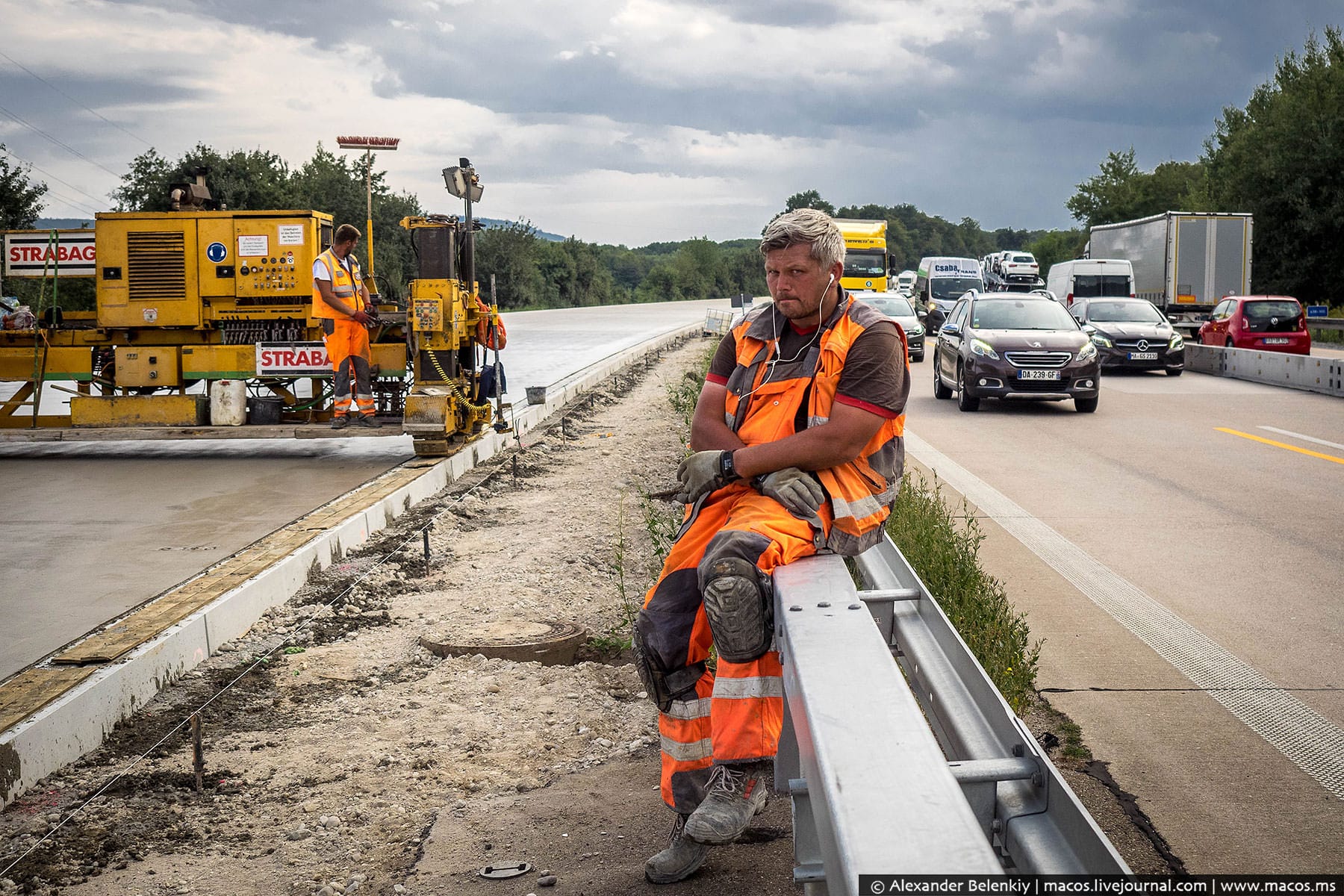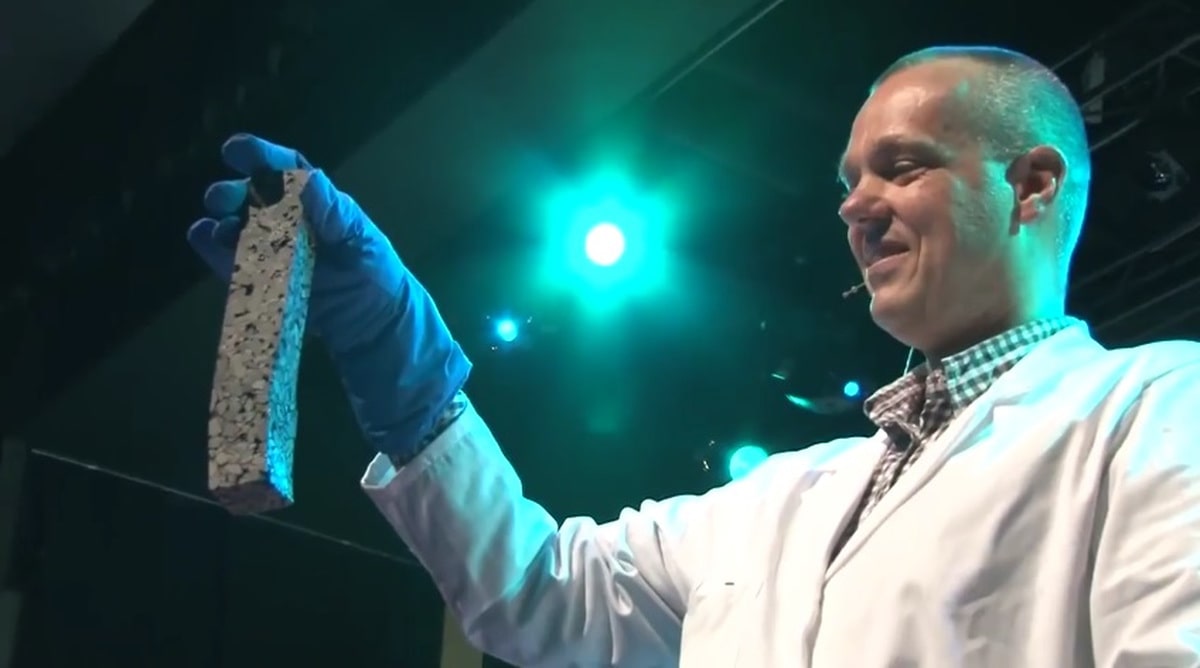Век высоких технологий затронул и промышленную сферу. В Голландии, ученым удалось создать асфальтовое покрытие со стальными волокнами. По задумке технологов, такое покрытие невозможно разрушить. Причем дорожные работы по укладке асфальта сведены к минимуму. Дополнительно, ученые работаю над системой подзарядки электромобилей, которые смогут «заправляться» на ходу.
Асфальтовое покрытие со стальными волокнами
Суть технологии достаточно прост – за счет мощного магнита и повышения температуры извне, стальные волокна самостоятельно стягивают асфальт, ликвидируя образование трещин. Сам магнит находится не на дорожном покрытии, а устанавливается на специальный транспорт. Машина просто прогоняется по полотну в определенные дни и ремонтирует асфальтовое покрытие на ходу.
Руководитель проекта, Эрик Шланген, уверяет, что инновация обойдется государству на четверть дороже, чем укладка обычной дороги. Зато срок службы асфальтового покрытия увеличится в 2-3 раза. Примечательно, что в Голландии разработка уже 7 лет проходит тестирование на 12 дорогах. Только информация под грифом «Секретно» не попадала в СМИ.
Эрик Шланген не остановился на исследованиях. Асфальтовое покрытие со стальными волокнами – один из эффективных и экономичных проектов. Ученый предлагает использовать для покрытия дорог «живой» бетон с повышенной прочностью. Суть идеи в том, что в состав строительной смеси включают определенных бактерий, которые не погибают в бетоне. При разломах или появлении трещин в покрытии, и попадании влаги, бактерии начнут размножаться и вырабатывать карбонат кальция. Именно этот состав и заделает образовавшиеся форменные безобразия на дороге.
Вот только реализовать проект с бетонным покрытием в Европе Эрик Шланген не сможет. Строгие европейские (да и американские) законы запрещают использовать бетон в строительстве автобанов и дорог. А вот Китайцы и Японцы сразу же заинтересовались разработкой голландского ученого. Бетон в разы дешевле асфальта, да и сроки использования значительно выше. Почему бы не сэкономить на строительстве дорог миллиарды из бюджета страны.





